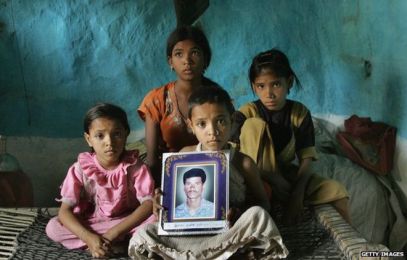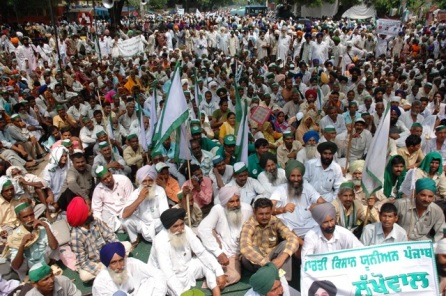I think Indian Farmers are perhaps the first social-political issue that has accounted for a number of restless and frustrated moments for myself. But first some background about the economic structure of India’s agricultural industry and how it came to be.

In the nineties, India switched over to more laissez-faire and neoliberal policies as a result of globalization. India had allowed its agricultural industry to be privatized. Companies such as Monsanto came in and introduced both pesticides and genetically modified seeds with the plan to use land every single year. The issue? As a result of feudal landlord system and droughts, farmers knew very well what the land could and could not do, and they all knew pesticides were risky as well as genetically modified seeds. The failure of these crops to grow, along with overused lands left farmers with little to no money to pay for pesticides or seeds. Leading to debt, heavy debts.

Tens of farmers commit suicide daily in India. The government has allowed for compensation to be given to families in which a farmer commits suicide. This unfortunately for most, has become an incentive. However, female farmers who commit suicide are exempt from this, as they are regarded not as farmers, but wives of farmers.
To learn more about the atrocities behind and of farmer suicides, you can watch the documentary, Nero’s Guest, by the editor of The Hindu and Rural Affairs Minister, Palagummi Sainath, who goes into detail about the matter in both a passionate and quirky way.

